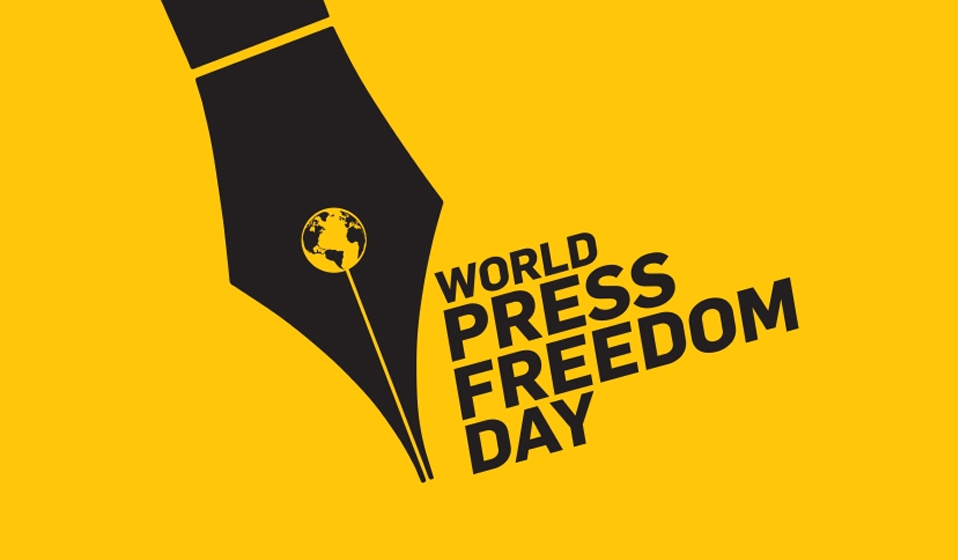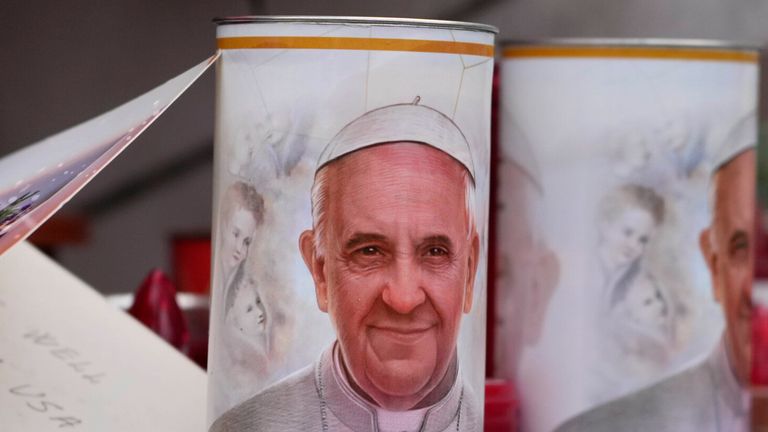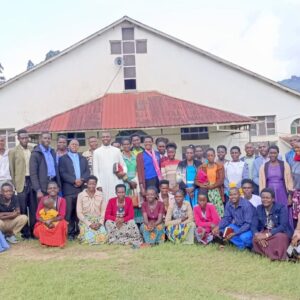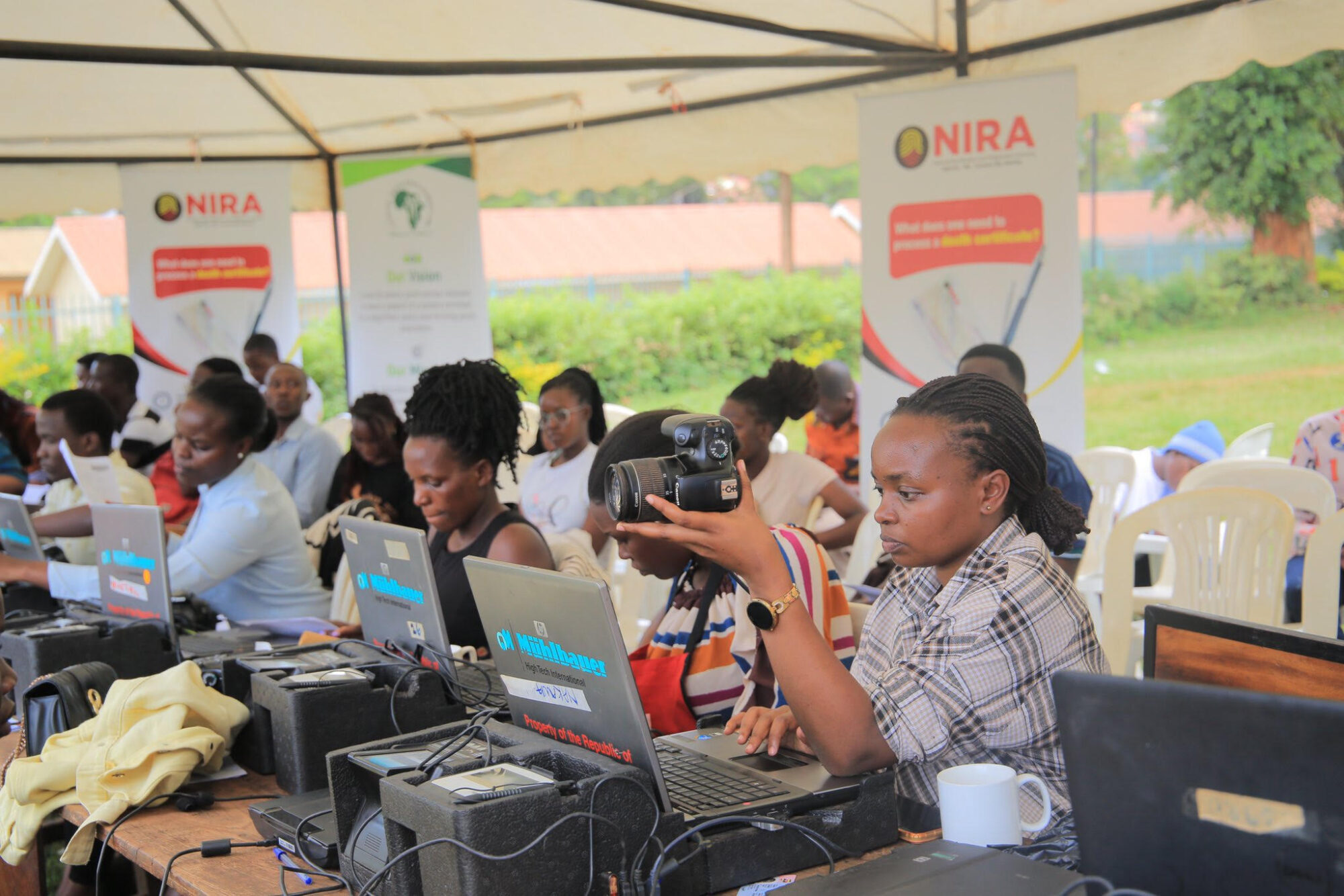South Sudan’s First Vice President, Dr. Riek Machar, was placed under house arrest on Wednesday, March 26, 2025, by the National Security Service in Juba, led by the defense minister and chief of national security with over 20 armed vehicles. The arrest warrant cites unspecified charges, detaining Machar with his wife, Interior Minister Angelina Teny, and two bodyguards. His party, the Sudan People’s Liberation Movement-In Opposition (SPLM-IO), condemned it as a violation of the 2018 Revitalized Peace Agreement, declaring the deal invalid. The military now patrols Juba’s streets, where DW correspondent Patrick Oyet reports a grim mood, with residents fearing escalation and no government updates.
Machar, a historic rival of President Salva Kiir, leads the SPLM-IO and has been First Vice President since February 2020 under the peace deal that ended the 2013-2018 civil war, which killed 400,000. Tensions flared after clashes in Nasir, Upper Nile State, where the White Army—a Nuer militia tied to Machar—overran a military camp in early March 2025, triggering government airstrikes that killed 21. On March 7, a UN helicopter evacuating troops was shot down in Nasir, killing 28, including a peacekeeper. The government blames Machar for the militia’s actions, a claim his party denies.
The United States, on March 27, 2025, urged Kiir to release Machar, warning of dire consequences, while the U.S., British, Norwegian, and German embassies reduced operations in Juba. Germany closed its embassy on Saturday, March 29, 2025, with Foreign Minister Annalena Baerbock stating South Sudan is “on the brink of civil war.” The UN’s Nicholas Haysom echoed this, noting the country’s “catastrophic” state, with 50,000 displaced since February 2025 and barrel bombs reported in Upper Nile. Richard Orengo of the IRC warned that conflict could shutter 56 nutrition centers, risking child deaths from malnutrition after U.S. aid cuts by President Trump.
Kiir, president since 2011, has unraveled the unity government by dismissing Machar loyalists, including Upper Nile’s governor, and requesting Ugandan special forces in Juba since March 14, 2025, prompting SPLM-IO’s partial withdrawal from security arrangements. Arrests of SPLM-IO officials, like Petroleum Minister Puot Kang and Deputy Army Chief Gabriel Duop Lam, followed attacks on party bases near Juba since March 24. Political analyst James Okuk attributes the crisis to ethnic and socio-economic divides between Kiir’s Dinka and Machar’s Nuer groups, worsened by corruption and weak institutions. The UN’s 18,000 peacekeepers are on alert, pushing dialogue.
The White Army clashes and Machar’s arrest have fueled fears of ethnic violence, with gunfire reported near Juba on Wednesday morning. The Inter-Governmental Authority on Development (IGAD) aims to de-escalate via army unification and elections, but analyst Okuk stresses inclusive governance and rule of law for peace. Church leaders and civil society call for reconciliation, while the African Union and UN mediate. South Sudan, independent since 2011, faces humanitarian collapse, with Orengo noting a potential “full-blown conflict” absent swift international action.






